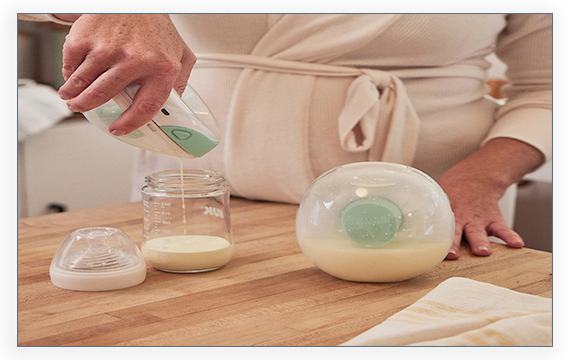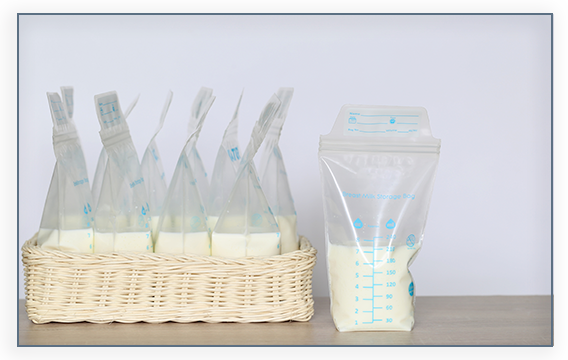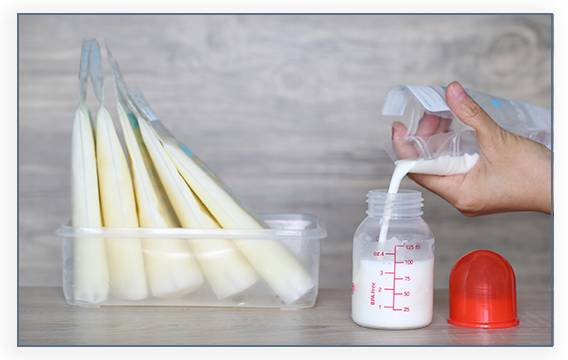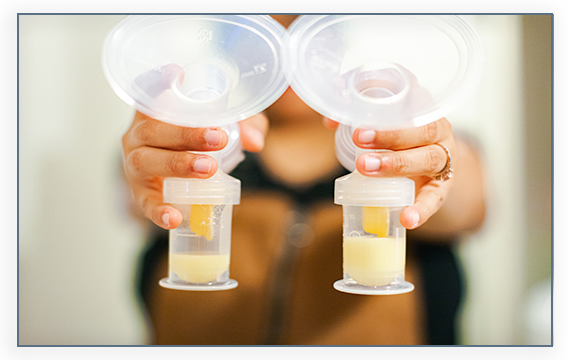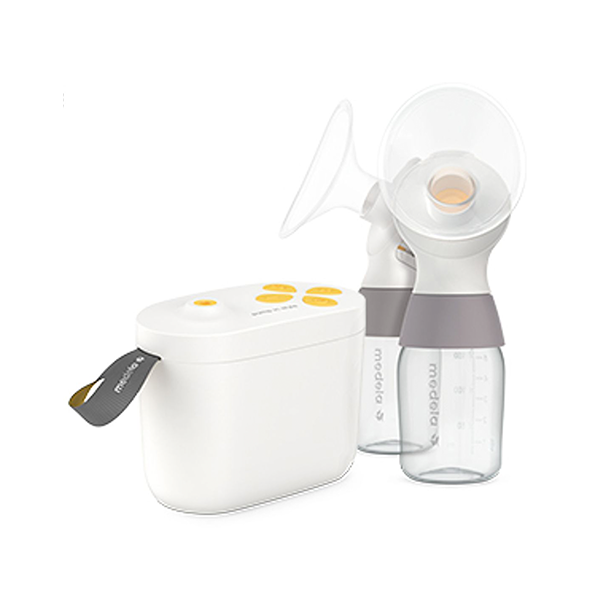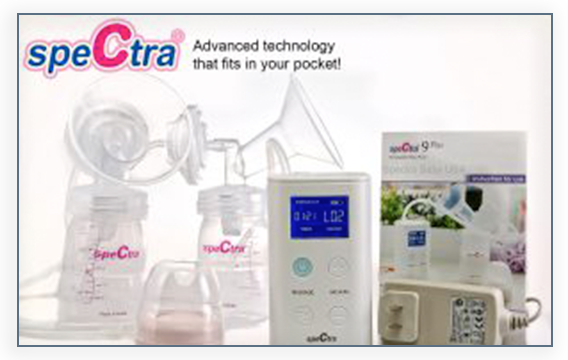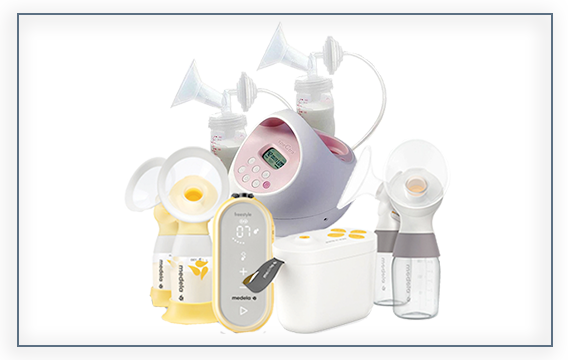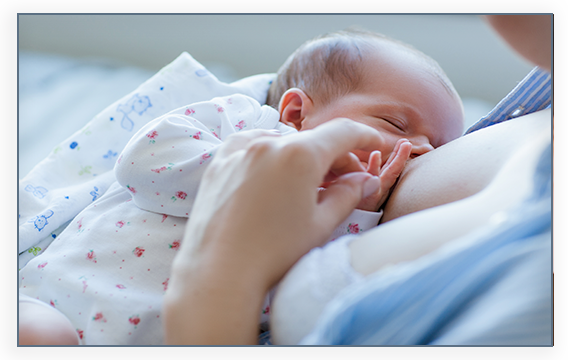HOW MUCH DOES MY BABY NEED TO EAT?
You may see different recommendations based on whether you choose to breastfeed or formula feed your baby. The most important thing to remember, whether you breastfeed or formula feed, is that your baby’s feeding needs are unique. Babies are humans, not clocks. No book or website can tell you exactly how much and how often your baby needs to be fed.
- First few days: Your baby may want to eat as often as every 1- 3 hours. Frequent feeding helps increase your milk supply gives your baby breastfeeding practice. As your baby grows, his/her belly also grows, allowing him/her to drink more breast milk during each feeding. Babies might only take in a half ounce per feeding for the first day or two, but after that will usually drink 1- 2 ounces per feeding.
- After the first few days: Your formula-fed newborn will take about 2- 3 ounces of formula per feeding and will eat every 3-4 hours on average. Newborn babies should breastfeed and or bottle feed on demand; as time passes and you learn your child’s needs, you can start begin routine-based feedings.
- Two months old: Babies usually take 4- 5 oz. per feeding every 3- 4 hours.
- Four months old: Babies usually take 4- 6 oz. per feeding.
- Six months old: He/she will consume about 6- 8 oz. at each feeding totaling 4-5 feedings per day. Baby should drink no more than 32 oz. of formula in 24 hours. Some babies may just want to suck on a pacifier after feeding. A pacifier should never be used to replace a feeding.
As a rule of thumb, most babies will increase the amount of formula they drink by an average of 1 oz. each month before leveling off at about 7- 8 oz. per feeding. Solid food should be started at about 6 months old. Intake may vary slightly from day-to-day to meet baby’s specific needs. Instead of going by fixed amounts, listen to your baby’s hunger and satiety queues.
Breastfed babies may take smaller, more frequent feedings than formula-fed infants. If you are breastfeeding, pay close attention to your baby’s hunger queues and feed on demand as needed ― usually about every 2 hours or 8-12 times in a 24-hour span. Breastfed infants do not eat on a schedule. It is okay if your baby eats every 2- 3 hours for several hours, then sleeps for 3- 4 hours. Feedings may take about 15- 20 minutes on each breast. Watch for weight gain and dirty diapers to help determine if baby is getting enough to eat.
LISTEN TO THE PODCAST BELOW TO LEARN MORE
Tags: Baby, Baby Care, Breastfeeding, Eating, Feeding, Formula Feeding, Podcast


